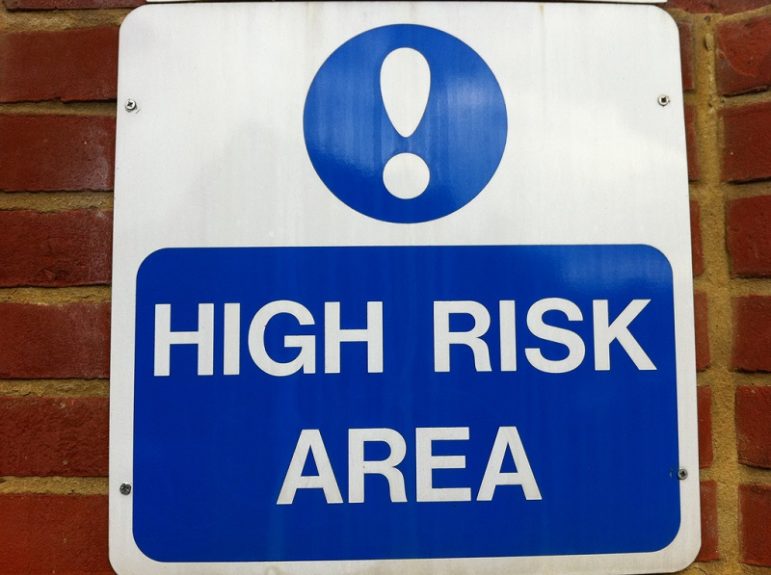
January 14, 2017; World Economic Forum and the Washington Post
When the new presidential administration takes office on January 20th and begins to implement its policy directions, it will be facing a world in turmoil. The social discord that fueled the surprising outcome of our election is part of a global pattern. The World Economic Forum’s recently released Global Risks Report 2017 (PDF version here) sees “deep-rooted social and economic trends are manifesting themselves increasingly disruptively across the world.”
Persistent inequality, particularly in the context of comparative global economic weakness, risks undermining the legitimacy of market capitalism. At the same time, deepening social and cultural polarization risks impairing national decision-making processes and obstructing vital global collaboration.
For the last 12 years, the WEF’s Global Risk Report has assessed key forces with an impact on nations across the globe, 30 in this year’s effort, to provide guidance for policymakers and organizational leaders. It is the work of a large (750) diverse group of experts drawn from business, academia, and non-governmental organizations to make sure that it reflects no singular perspective.
The report concludes that we are globally facing five significant challenges which require urgent attention:
- Fostering greater solidarity and long-term thinking in market capitalism
- Revitalizing global economic growth
- Recognizing the importance of identity and inclusiveness in healthy political communities
- Mitigating the risks and exploiting the opportunities of the Fourth Industrial Revolution.
- Strengthening systems of global cooperation
Much attention of late has been drawn to the growing disparity between the very rich and the rest of the society. The unrest that fueled President-elect Trump’s victory seems deeply rooted in those who feel both the economy and government have failed them and left them falling farther and farther behind. The policies of the new administration and the Republican Congressional majorities have seen the answer to this problem in renewing the capitalist engine that drives the economy. Lowering taxes, reducing regulations, and renegotiating trade agreements are key parts of a prospective formula that will result in a burgeoning U.S. economy that will benefit all. But even if these actions work and our economy grows, the GRR finds that this will not be enough to solve the problem.
Sign up for our free newsletters
Subscribe to NPQ's newsletters to have our top stories delivered directly to your inbox.
By signing up, you agree to our privacy policy and terms of use, and to receive messages from NPQ and our partners.
Boosting growth alone would not remedy the deeper fractures in our political economy. More fundamental reforms to market capitalism may be needed to tackle, in particular, an apparent lack of solidarity between those at the top of national income and wealth distributions and those further down.
AP reporter Pan Pylas concludes that the report clearly calls for more substantive change in the nature of our economy to reduce the wealth gap and ease the tensions it causes: “Reforming the very nature of capitalism will be needed to combat the growing appeal of populist political movements around the world.”
However, curing what ails the economy won’t be enough to reduce social unrest if the other societal divide the GRR highlights is not addressed. Older, often less educated citizens, who drove the last election to its outcomes, see their values and traditions as threatened and diminished.
In the West, decades of rapid social and economic change have widened generation gaps in values, disrupted traditional patterns of affiliation and community…they are being marginalized within their own countries by changing values in areas such as gender, sexual orientation, race, multiculturalism, environmental protection and international cooperation.
Will the new administration’s policies improve the economic conditions of the poor and the middle class fast enough to be seen as effective? How will they balance the traditional values that often seem to conflict with the needs of minorities and equal treatment for every citizen? If they can’t, it seems we are heading to a period of increasing social disruption, which could threaten many of the foundations upon which the American experiment has been built.—Martin Levine













